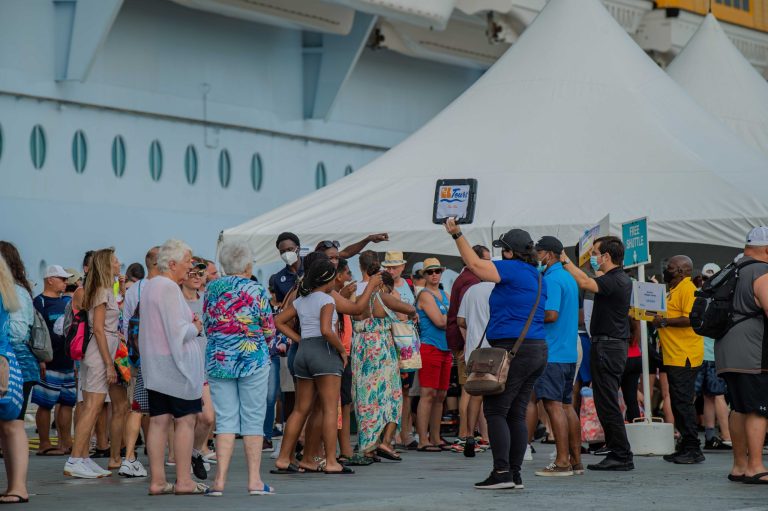Budget airline Cebu Air Inc. said Thursday it is buying 37 new Airbus planes for $3.8 billion in the largest single aircraft order ever made by a Philippine airline, allowing it to more than double its fleet by 2021 and expand its international routes.
Lance Gokongwei, president and chief executive of Cebu Pacific, the budget carrier’s official name, said new the order includes 30 A321neo (new engine option) and seven A320s. The airline currently operates a fleet of 25 Airbus and eight ATR 72-500 aircraft, the youngest fleet in the Philippines. Cebu Pacific flew more passengers than the country’s flag carrier Philippine Airlines and holds half of the domestic market. Gokongwei said he expects the airline to carry more than 12 million passengers this year. The A320 airplanes will be delivered between 2015 and 2021, while the A321neo fleet will arrive from 2017 to 2021, Gokongwei added. The airline also has 10 additional options for the Airbus 321neos. Previous orders for 18 A320 to be delivered through 2014 bring the total Airbus order to 55, the airline said. Gokongwei said Cebu Pacific’s order of the 220-seater A321neo, which Airbus will introduce in 2017, is the largest firm order for the new aircraft in the world. “These 220-seater A321neo will be the real game changer for Cebu Pacific because the A321neo will have a much longer range,” he added. “We will be able to serve cities in Australia, India and northern Japan, places the A320 cannot reach.” He said the new aircraft, which incorporates new engines and large wing-tip devices called sharklets, will reduce fuel burn by 15 percent and cut unit cost per seat. The A321neo is the largest model in Airbus’ recently launched A320neo series. They are wider and longer compared to the original A320 family of aircrafts. The carrier held a successful initial public offering on the Philippine stock market last year, which was the biggest ever for a low cost carrier after raising at least $539 million. It raised hopes of spurring growth in the country’s tourism and aviation industries, which still lag behind its Southeast Asian neighbors. The airline currently flies to 33 domestic destinations and 16 cities in Southeast Asia, China, Japan and South Korea and is the third largest low-cost carrier in Asia. It made headlines last year with a YouTube video of flight attendants dancing to music by Lady Gaga to keep passengers from snoozing through an in-flight safety demonstration.
Soucre: The Associated Press













